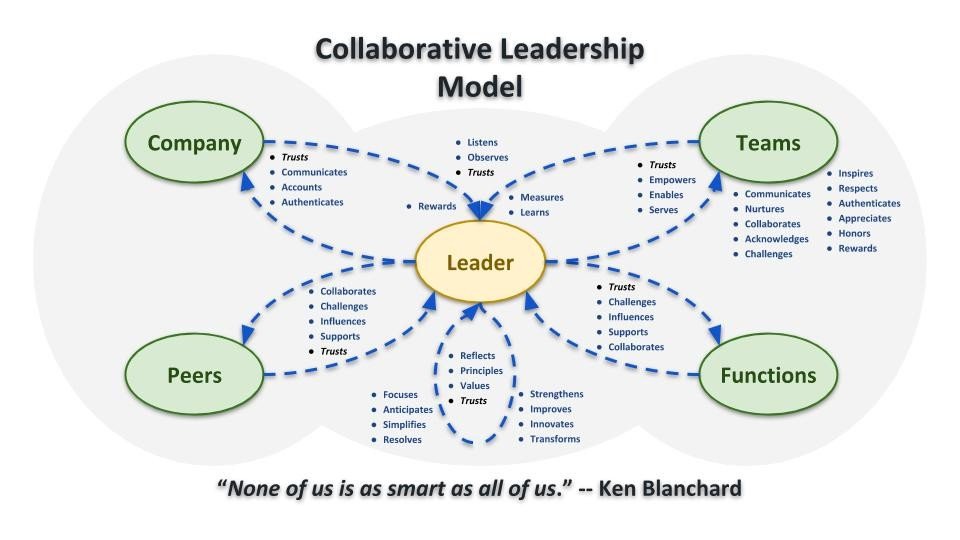In today’s ever-evolving business landscape, collaboration is essential for thriving. Insightful leaders, aware of the complexities of modern enterprises, cultivate skills that foster a productive and synergistic environment. Here are five critical skills that forward-thinking business leaders should develop to achieve collaborative success in a competitive world.
Effective Communication
At the foundation of collaborative leadership lies the ability to communicate with clarity and precision. This skill is vital for fostering productive team dynamics and achieving long-term organizational success. Leaders who clearly and consistently articulate their vision and goals inspire confidence within their teams and ensure alignment with the organization’s overarching objectives. Such alignment creates a cohesive, motivated workforce. Furthermore, active listening and open dialogue provide a basis for generating innovative ideas and collective problem-solving, promoting a culture of trust and mutual respect. By valuing diverse perspectives and each team member’s unique input, collaborative leaders propel their teams toward impressive achievements and sustainable growth.
Emotional Intelligence
Emotional intelligence is crucial to successful collaboration. Leaders with high emotional intelligence are attuned to their own emotions and those of their team members, enabling them to manage interpersonal dynamics effectively. This skill fosters an inclusive atmosphere where contributions are valued. By promoting open communication, empathy, and understanding, emotionally intelligent leaders create environments where innovation thrives, ideas flourish, and team cohesion strengthens, driving collective success. This approach enhances personal relationships within the team and contributes to a more harmonious and productive workplace culture. Satya Nadella, CEO of Microsoft, exemplifies emotional intelligence in leadership by transforming the company’s culture. He prioritized empathy, inclusivity, and collaboration, shifting from a competitive environment to one that values teamwork and partnerships. This approach empowered employees, boosting innovation and leading to strategic partnerships and market success.
Strategic Thinking
Effective collaboration requires leaders with strategic thinking to anticipate challenges and opportunities. By setting clear priorities and aligning team efforts with the organization’s vision, leaders foster unity and guide teams toward shared goals, utilizing diverse skills for success and growth. Moez Kassam, co-founder and Chief Investment Officer of Anson Funds Toronto exemplifies strategic thinking and visionary leadership by anticipating market trends and crafting innovative investment strategies, driving the firm’s success. Anson Funds is an investment management firm specializing in investments in companies dealing with publicly traded equities and debt securities.
Adaptability
In an ever-changing business environment, adaptability is vital for leaders who champion collaboration, innovation, and strategic foresight. Leaders who embrace change and encourage flexibility within their teams are better positioned to navigate unexpected developments, ensuring that efforts remain resilient and focused on success. By fostering a culture of continuous learning, open communication, and mutual respect, these forward-thinking leaders turn potential obstacles into opportunities for growth. This approach enhances team morale and strengthens strategic vision, making adaptability an indispensable asset in today’s dynamic landscape.
Relationship Building
Successful leaders excel at building and nurturing meaningful relationships. By establishing trust through intentional interactions, they lay a strong foundation for lasting collaboration. These relationships encourage cooperation, facilitate knowledge sharing, and create a supportive network that catalyzes collective success and sustainable growth for the organization.
Effective business leaders recognize the importance of these skills in fostering a collaborative culture. By honing communication, emotional intelligence, strategic thinking, adaptability, and relationship building, leaders drive collaborative success and steer their organizations toward sustained growth and innovation.































